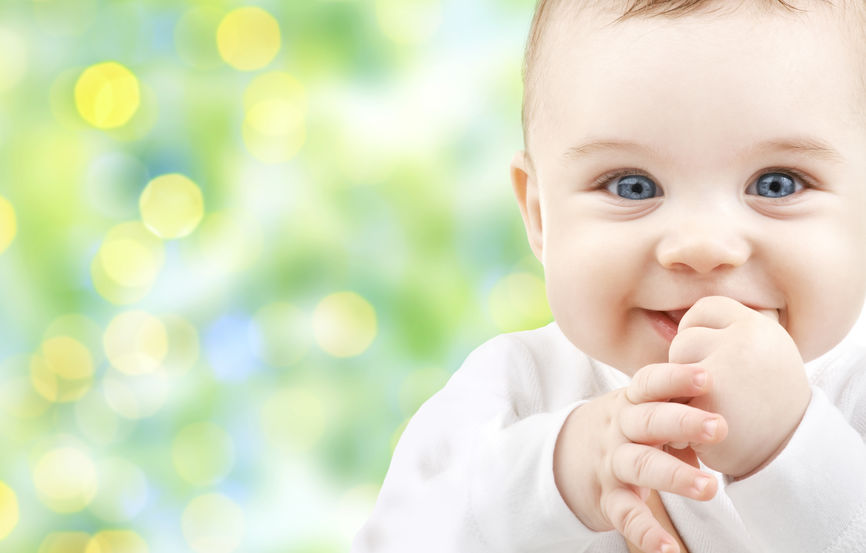Infant Emotional Development
 |
|
At every stage of life, from the moment they are born, infants go through tremendous emotional changes, which means you, as parents, must respond to them and learn them as they occur. They needs change, requiring you to cope with various personality types, moods, and responses. As such, getting to know emotional changes and understanding infants’ psychological needs ahead of time, will help you transition with your infant, as they develop and move from symbiotic connection to separation and release.
To sum the infant’s emotional journey, one would have to discuss a trek from total connection and dependence on caregivers, to separation and individuation, which includes the formation of the infant’s identity. Slowly and gradually, your infant grows - physically and emotionally. Their personality forms and they become better equipped to handle experiences with society and with themself, all the while acquiring trust in their environment and those who care for them.
The human factor: A key player in emotional development
Infants’ greatest sensitivity to environmental stimuli is their sensitivity to people in their midst. They can connect with them and reach conclusions about them: from birth until the age of three months, infants need a lot of physical touching; they search for it and are calmed by it. They also begin to make eye contact. Gradually, they begin to express an interest in face shapes and identify them. They learn to willfully smile, calm down at the sound of their caregivers’ voices and communicate with them. From three to six months, they learn to focus their gaze upon people near them, understand the connection between faces and voices, differentiate different emotional expressions, identify the voices and appearances of their parents from among other peoples’, show interest in people and their looks, may develop an initial fear of strangers, respond to facial expressions and experience deeper emotions.
Change is the only thing that remains the same
The rule of thumb when considering infant emotional development is as follows: understand that in the infant’s first stage of life, developmental stages change in the blink of an eye. The stage that took you by surprise yesterday - and you learned to cope with today, will likely end tomorrow and be replaced by a new and equally challenging stage.
Your task: establish confidence
In the early stages, when infants express themselves simply by crying, parents are forced to guess what their child is experiencing and respond according to gut feelings; the interpretation of the cry influences the type of response provided. “The infant feels a sort of distress and cries. When they receive a therapeutic response - they calm down.” This positive combination creates a sense of confidence and a trust mechanism develops between the infant and their environment.
The infant doesn’t always know what they feel or want. Your interpretation of their experience helps the infant understand what they are experiencing, so they can define it and use it to build their inner world, while developing a sense of confidence and an ability to self-soothe. Infants whose needs are responded to via closeness, touching, attention and eye contact, beyond basic feeding, cleaning and putting to sleep activities, grow up to be more confident in themselves and in the world and experience more secure emotional development.
Is it raining outside and the floor’s cold indoors? You can still encourage your little ones to develop and crawl. Read our tips here
Age two is an important stage in your child’s life, and as with every period, it has its challenges, including: temper tantrums, growing pains and ...
Are you allowed to drink coffee? Should you avoid dairy products? Can you continue eating legumes? Many mothers are unsure of what they should - and ...


.jpg)
.jpg)
.jpg)
.jpg)



.jpg)
.jpg)
.jpg)
.jpg)

.jpg)


.jpg)


Contact us